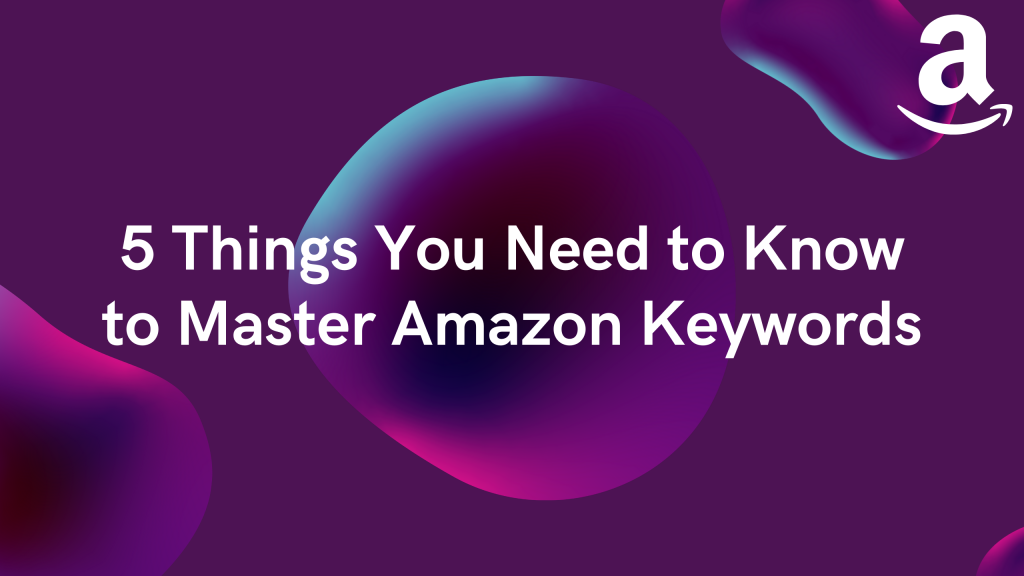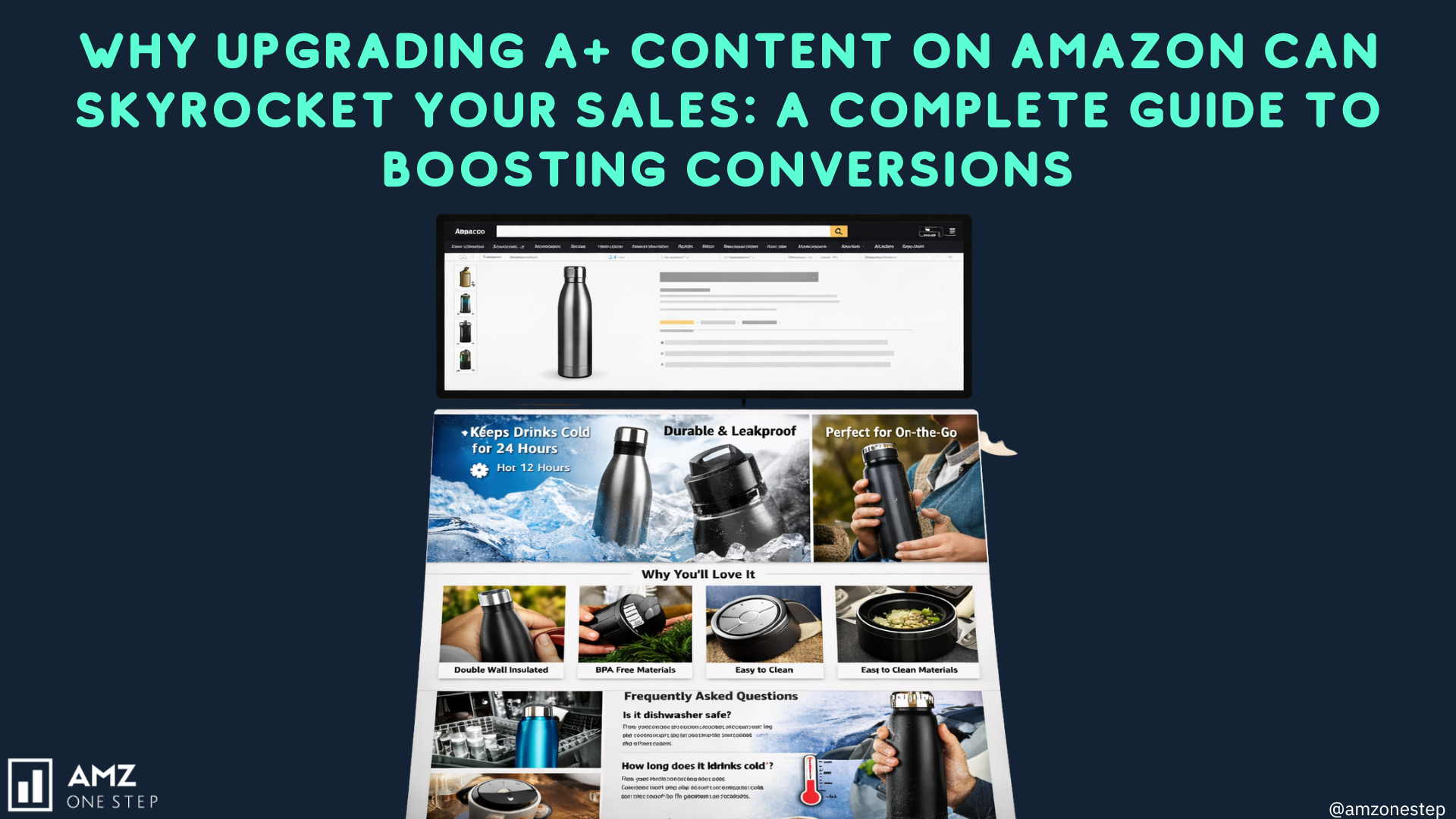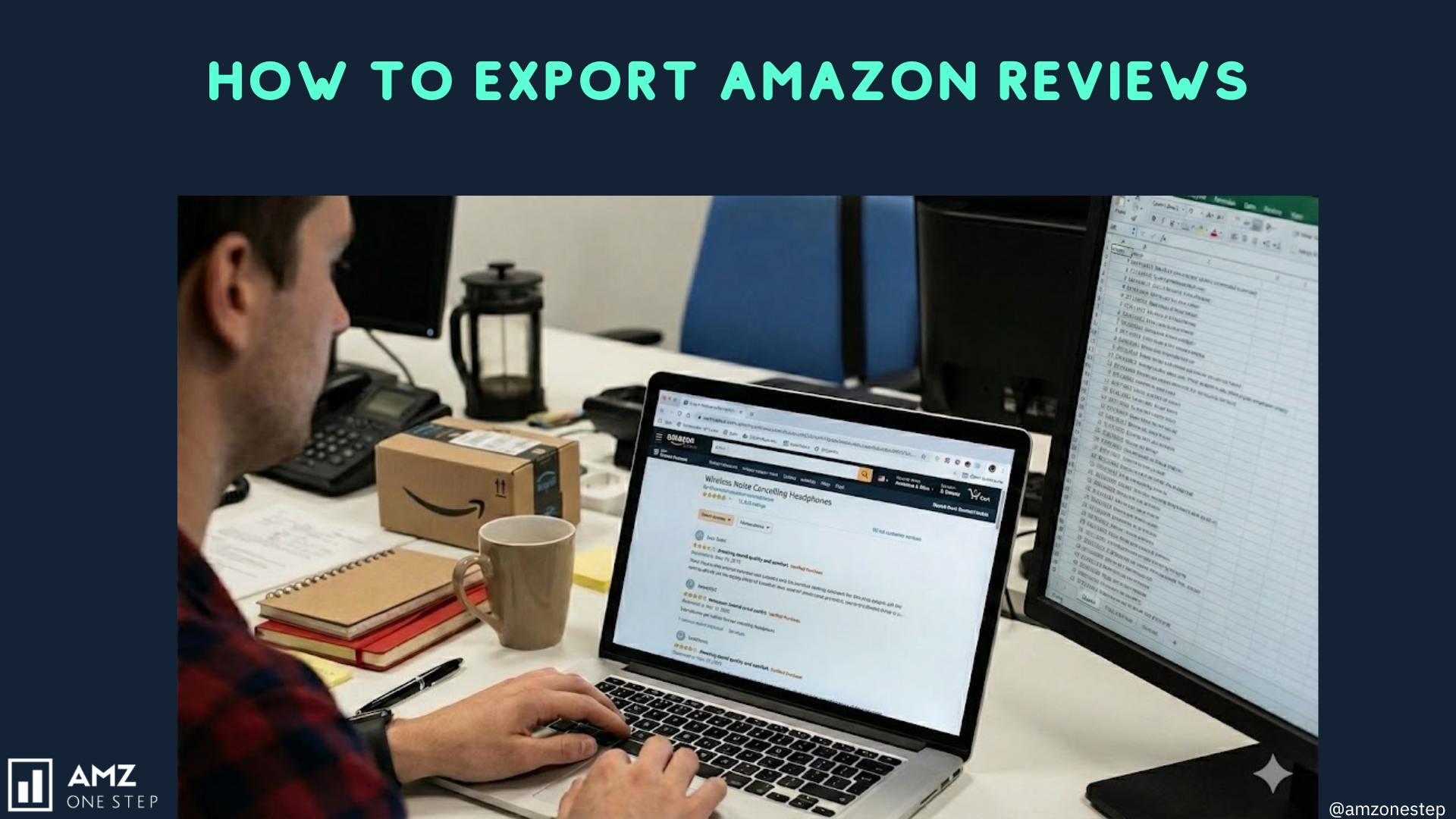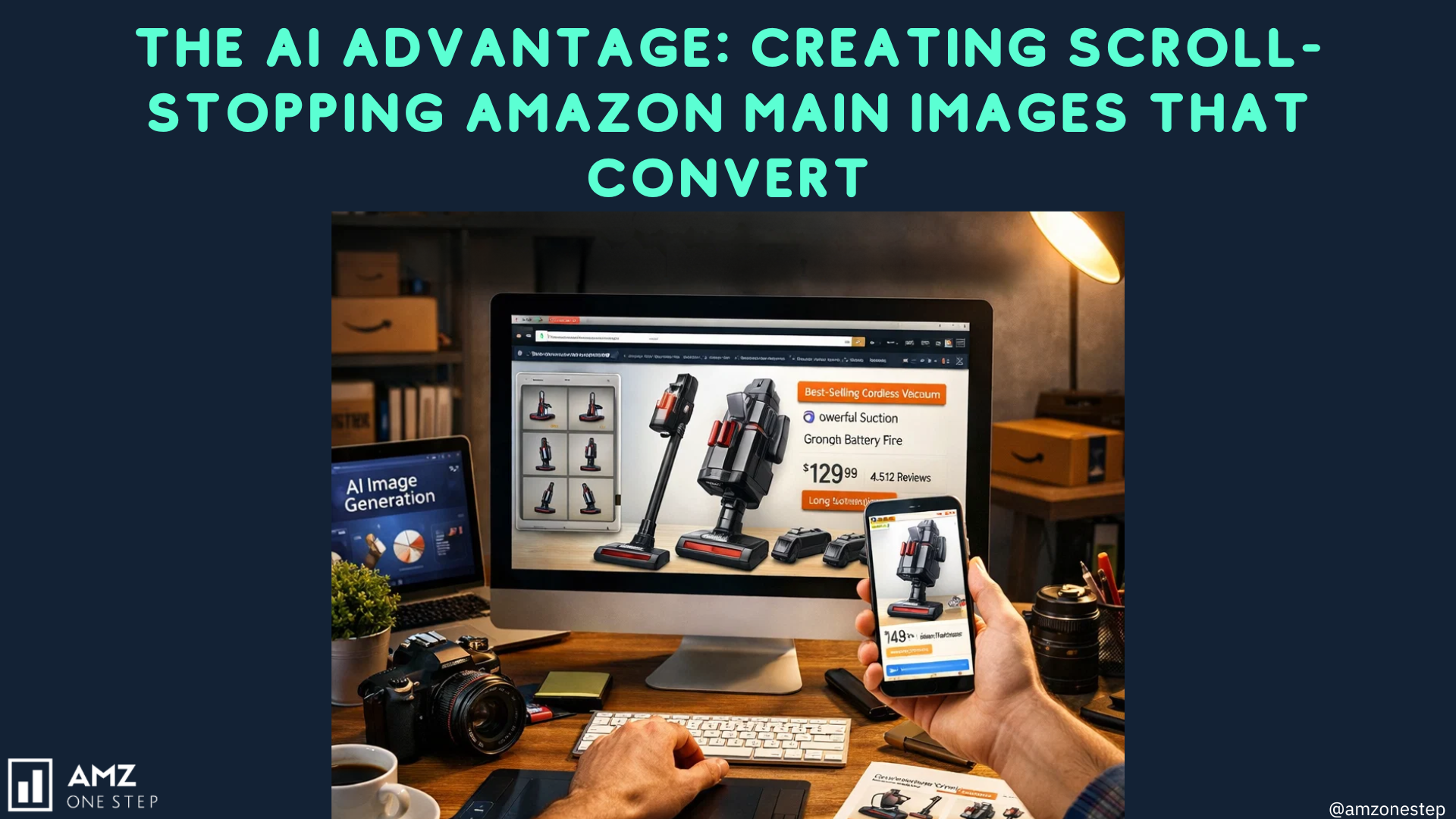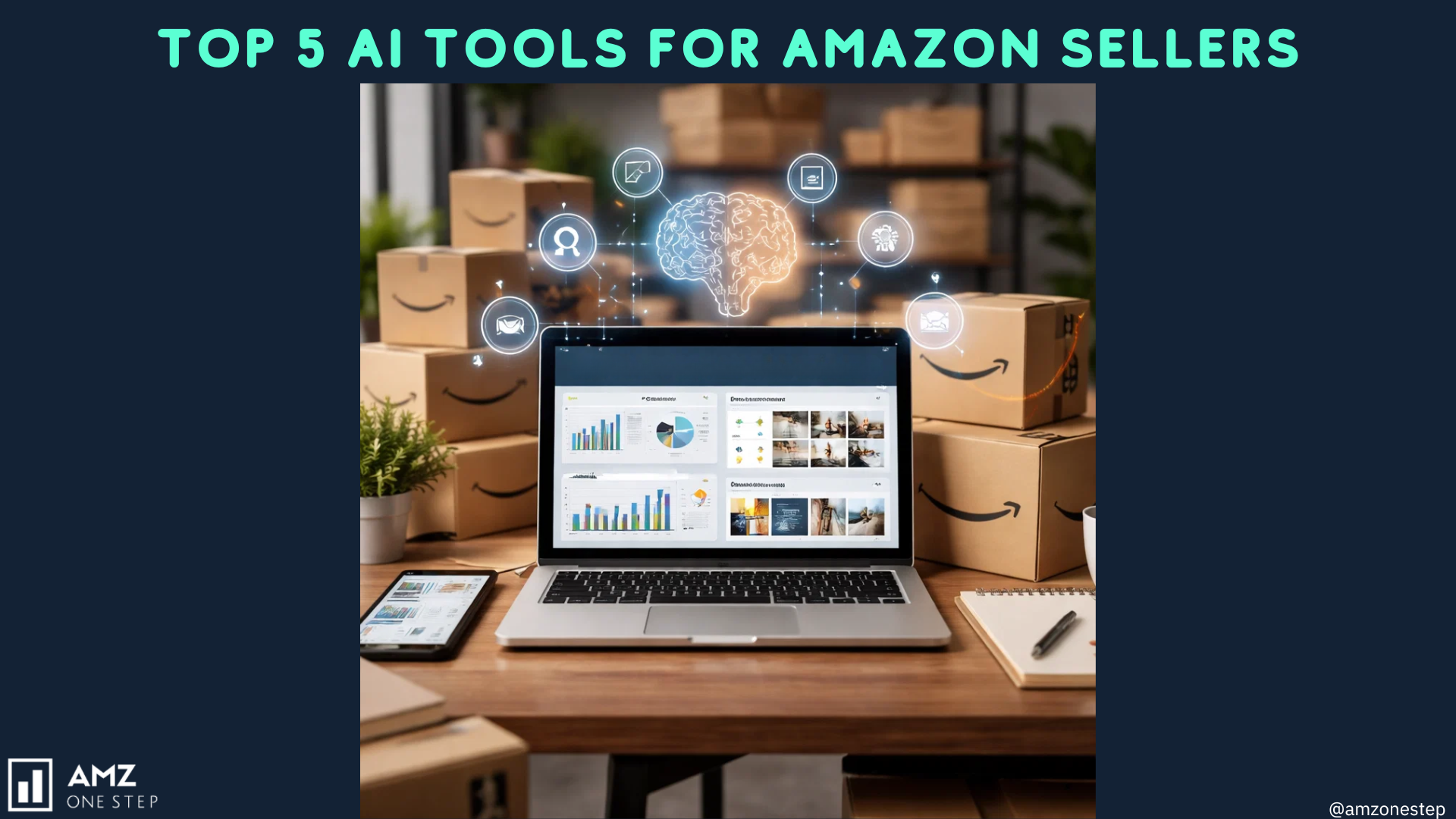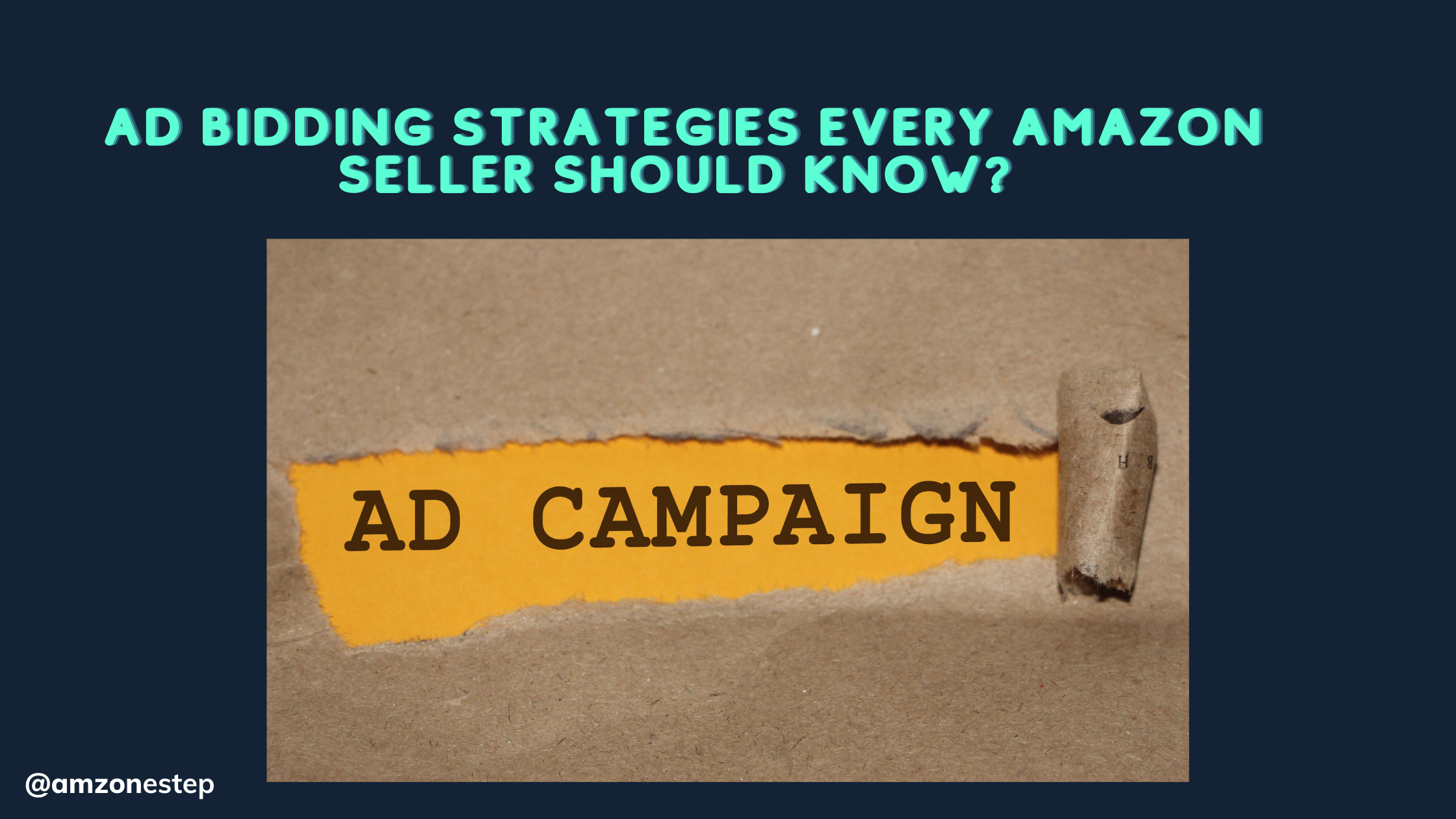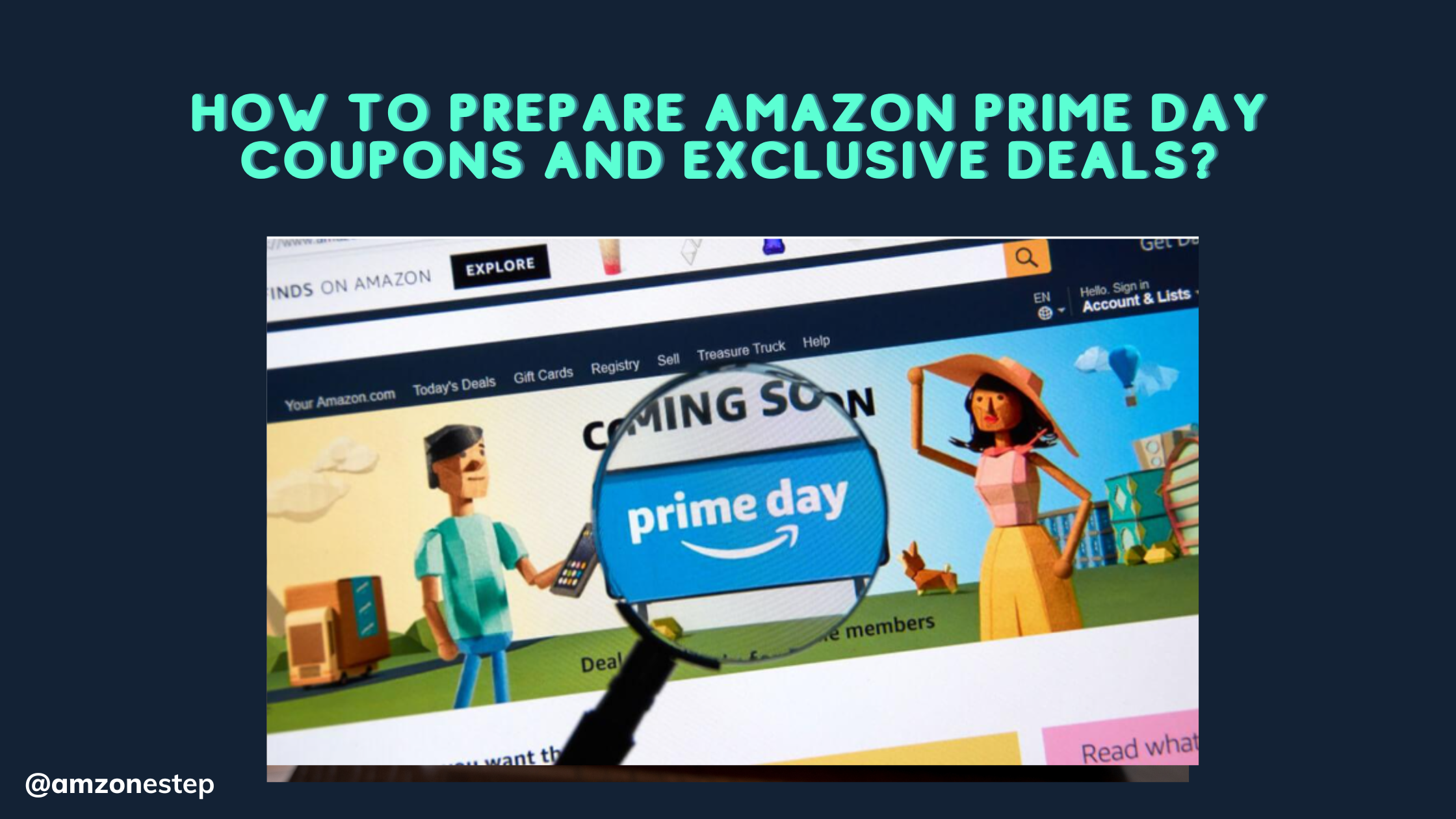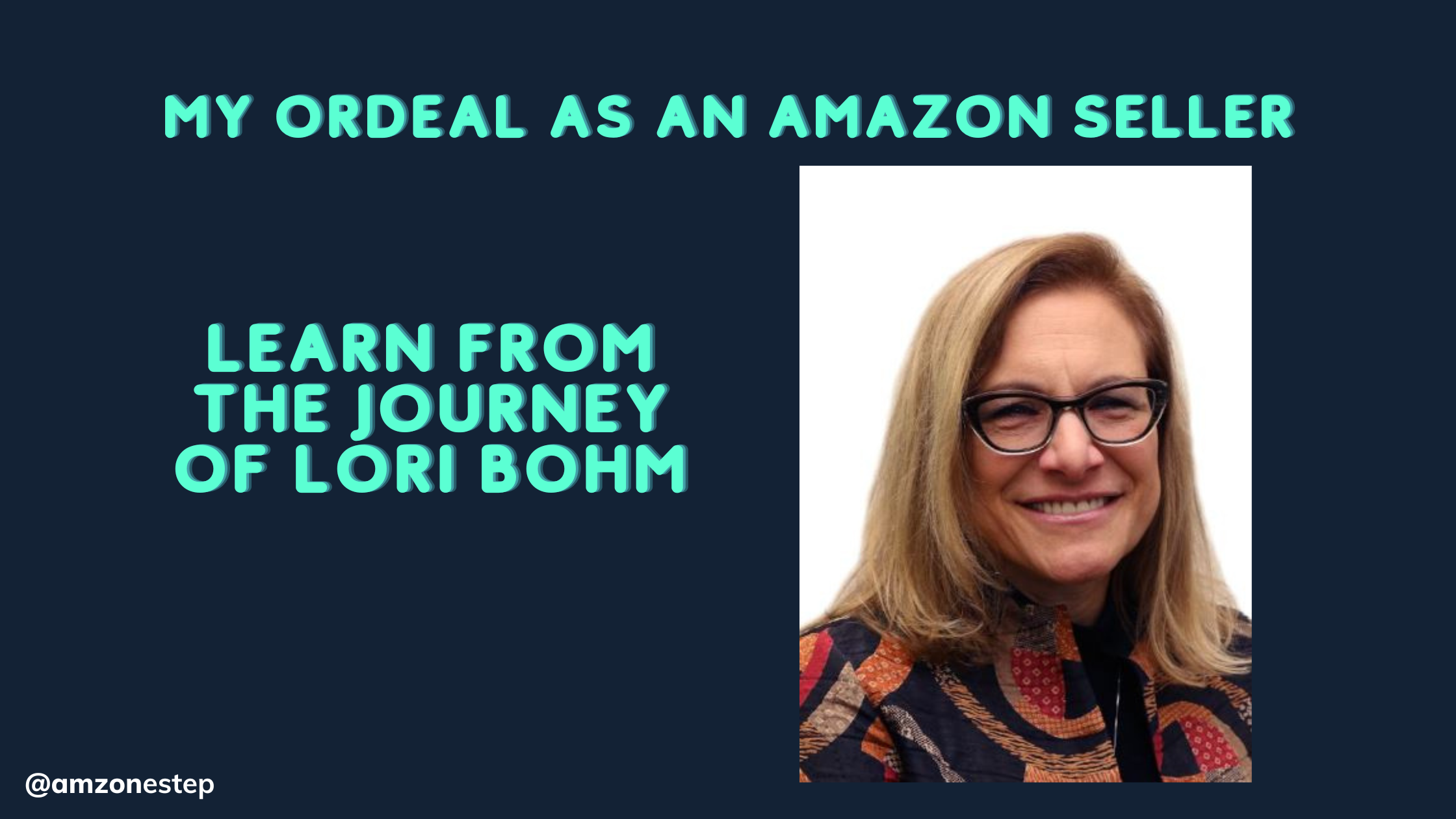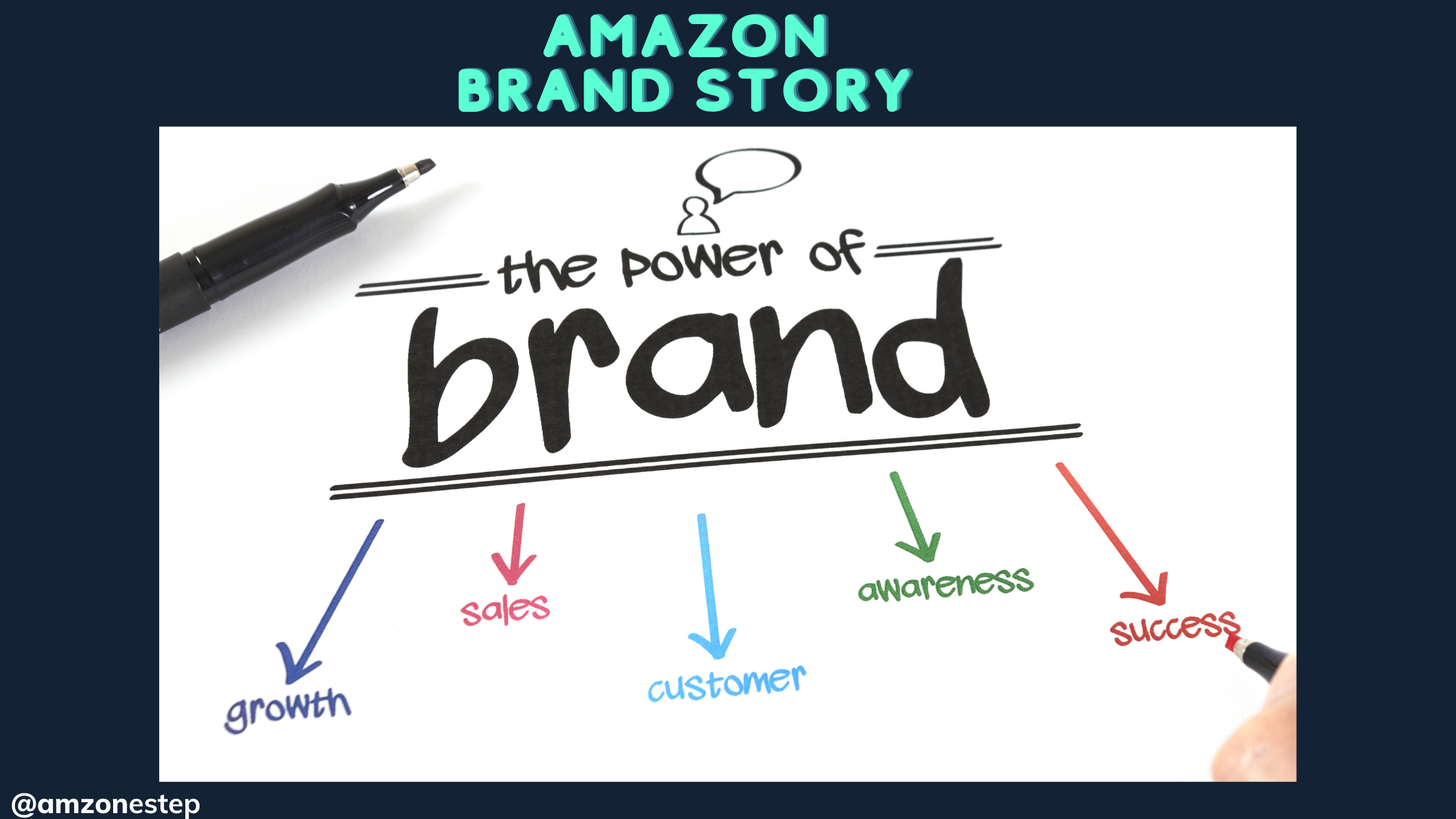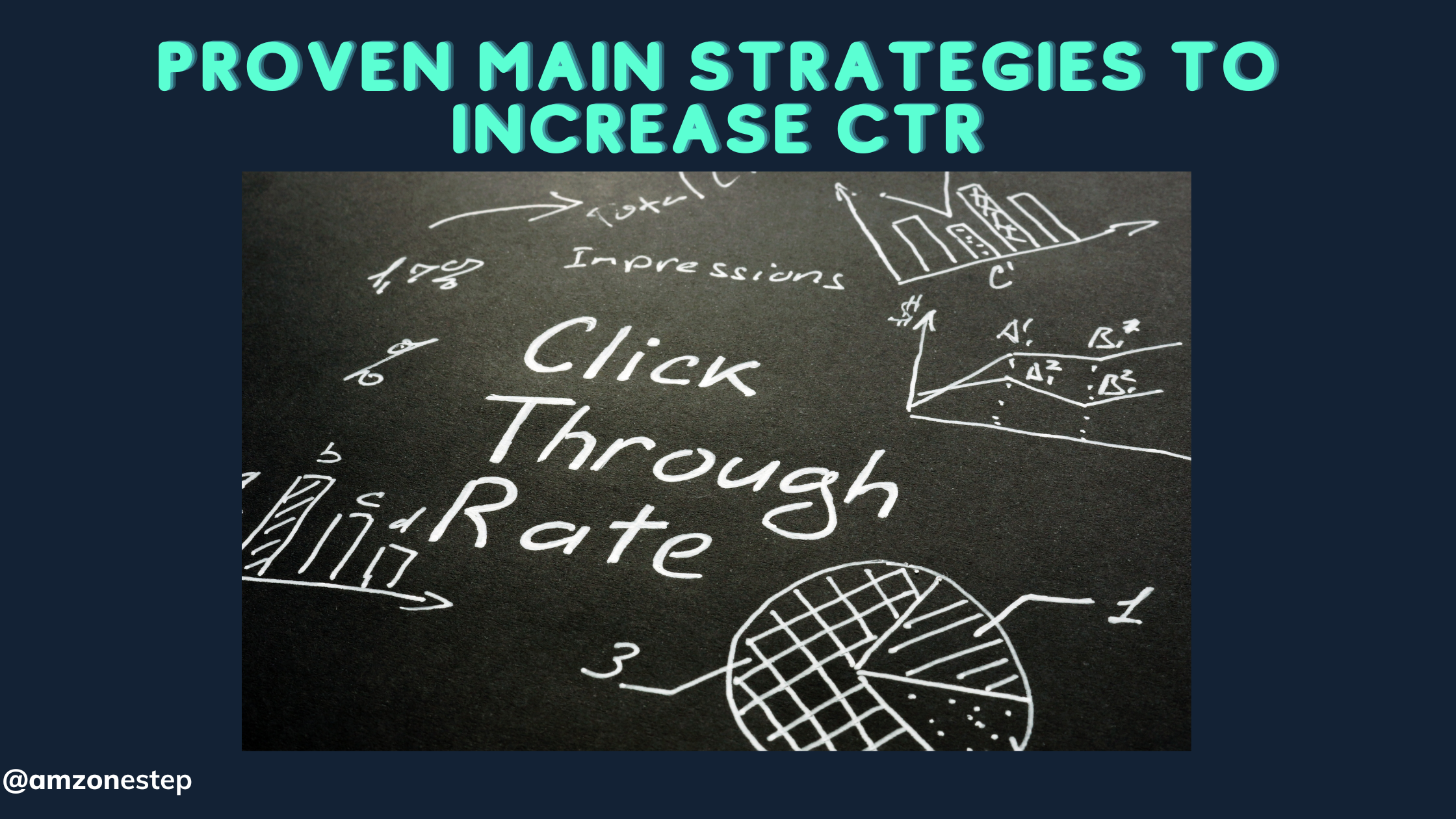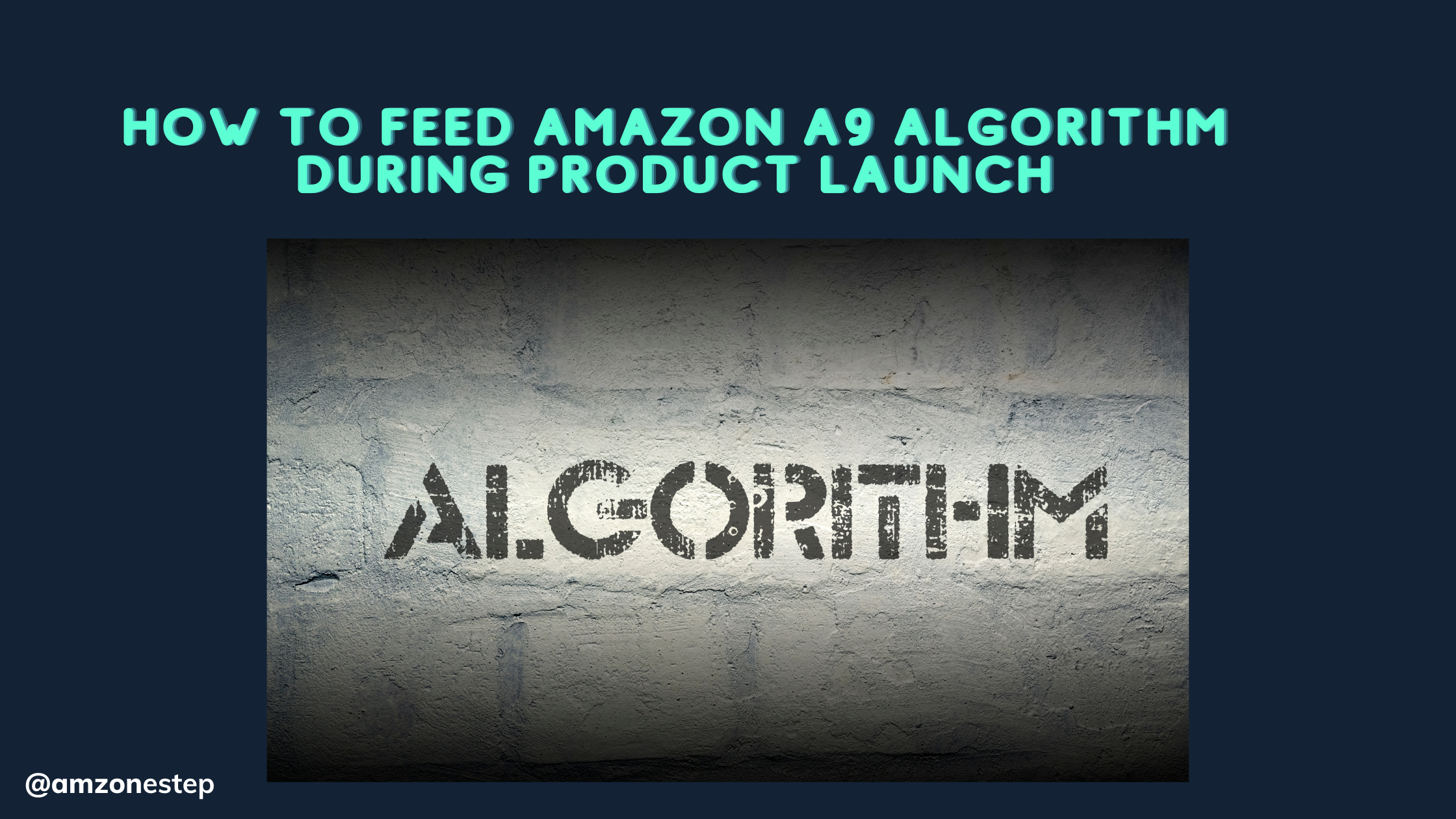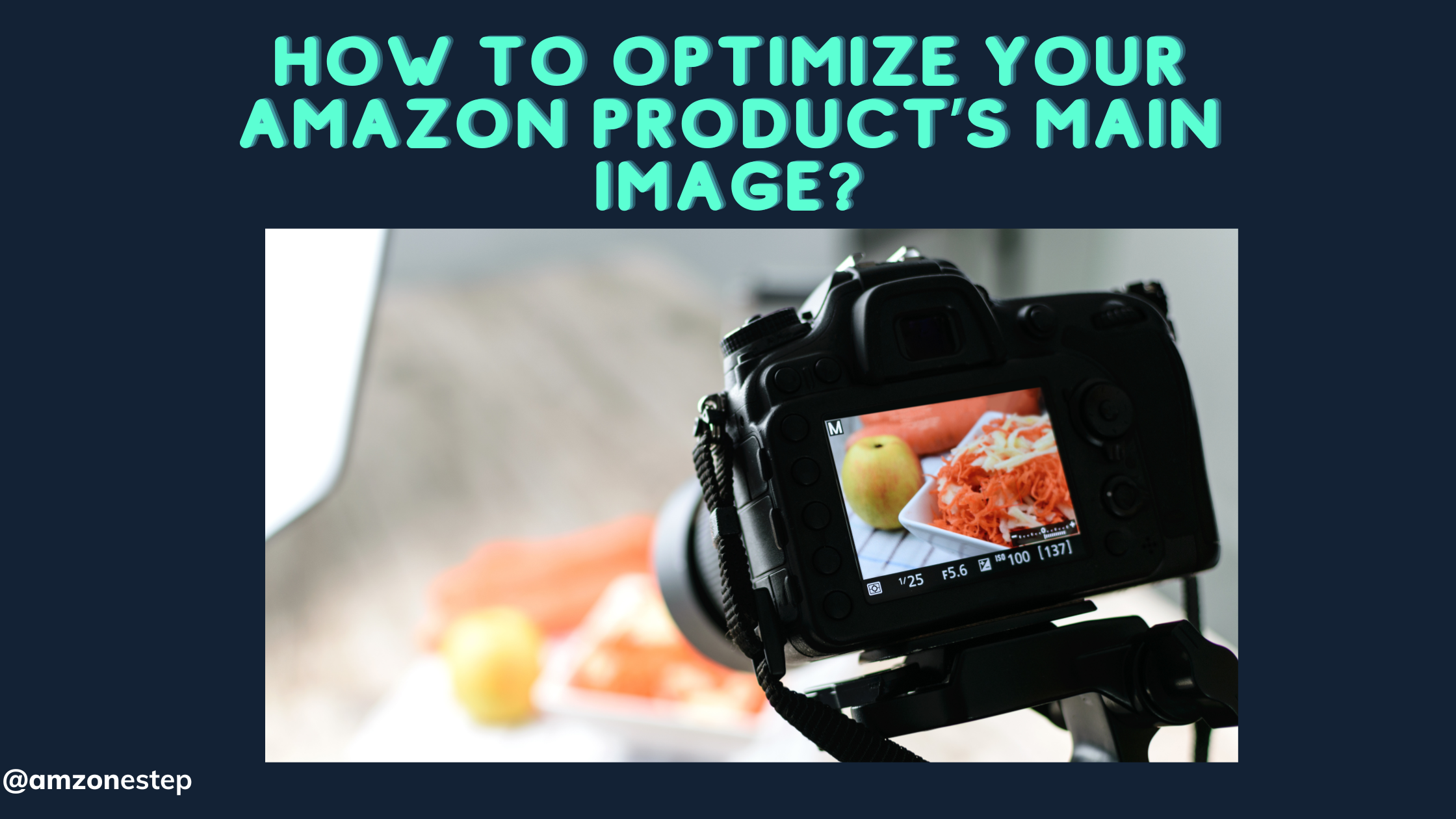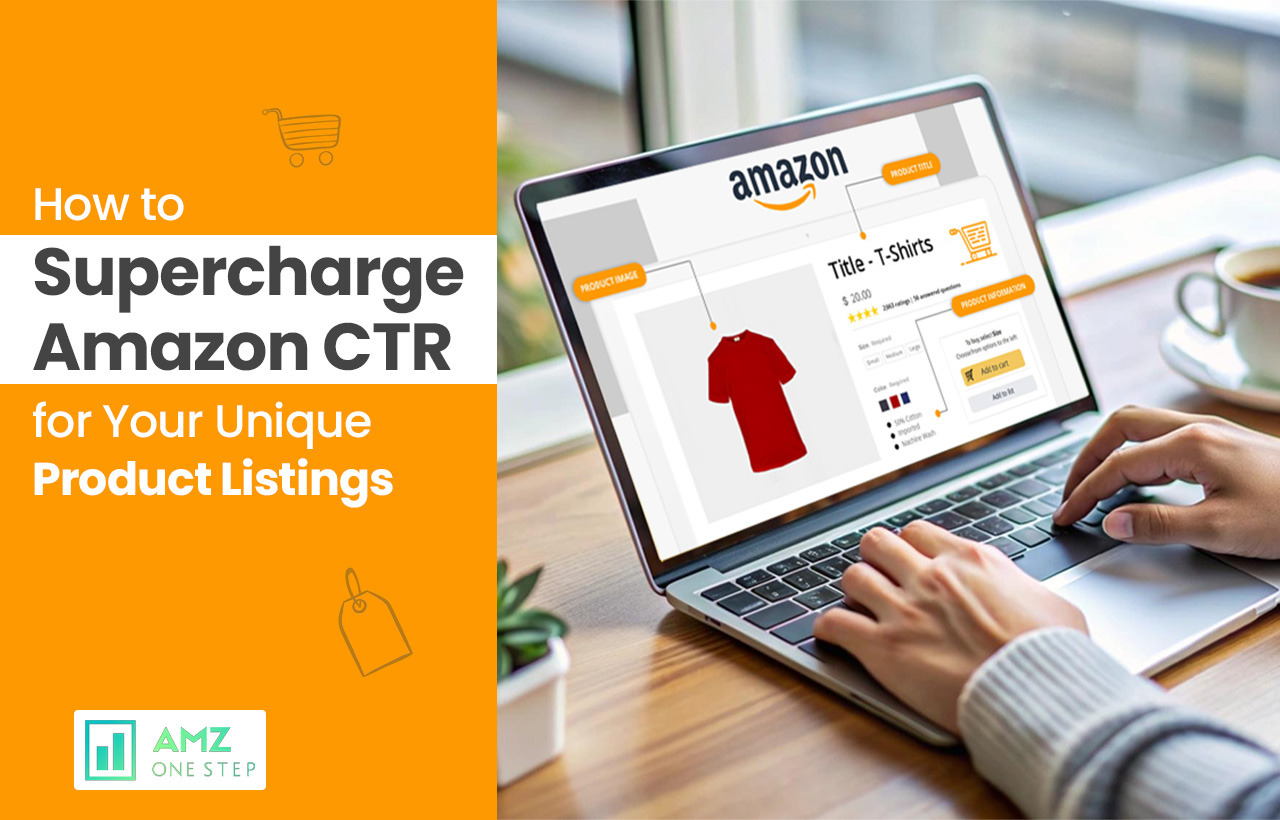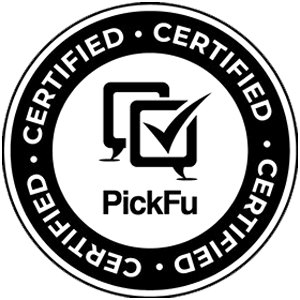Are you sure you know how to find good keywords for your Amazon listing?
In this comprehensive Amazon keyword guide, I’m going to take you through it so that you can be sure. We’ll look at:
1. The difference between keywords and search terms
2.The different types of keywords
3.The importance of keywords
4.What makes a good keyword
5.How to find the right keywords
In short: If you want to ensure you have a complete understanding of Amazon keywords and how they work, you need to read this blog.
Let’s dive in.
Explore More: Easy Way to Track Amazon Keywords Ranking Using AMZ WordSpy
1. Keywords vs. Search Terms
First, we need to identify the relationship between keywords and search terms.
They sound like they should be fairly interchangeable, I know, but their subtle nuances make a significant difference.
The search term is the term that the buyer will put into the search bar. In this example, I’ll use the term ’coffee.’
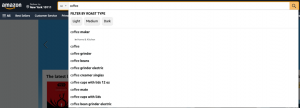
The keyword is a word or phrase that you as the seller will then bid on in PPC campaigns so that when someone searches for a specific term, your listing will show up.
Let’s continue with this coffee example and say you are bidding on the keyword ’coffee.’ If a buyer types in ‘coffee,’ your listing will show up when they search it on Amazon.
2.The different types of keywords
Broad Keywords: Broad keywords allow your listings to appear on a broad basis and are generally the cheapest to bid on. If you have bid on a keyword, and someone enters a search term containing all of the keyword terms or close variations, then your listing should show up.

For example, if you bid on the keyword ‘coffee,’ then you will show up on Amazon when someone uses the search terms: coffee, coffee grounds, coffee grinder, coffee maker, etc.
(Very important side note: when I say your listing will show up, I do not mean it will show up on the first page at the very top. More than likely, you’ll show up on page 20 or something at the very beginning. You’ll show up on the pages like 1 and 2 once you’ve established and optimized your listing assuming everything goes according to plan.)
This can be especially helpful if you rank on the search term ‘coffee maker’ because the person buying it will probably need coffee. If your product shows up next to that coffee maker listing or as an add-on, that could mean a lot of sales coming your way.
Phrase Keywords: Phrase keywords start to get slightly more specific. Bidding on phrase keywords allows for your listing to appear if a buyer searches for your keyword exactly or for your keyword with prefixes and or suffixes.
For example, again, you’re selling your delicious coffee. Your listing could appear for fair-trade coffee, dark roast fair-trade coffee, mild fair-trade coffee, fair-trade coffee decaf, etc.
Exact Keywords: Each match will allow for you to rank on the exact keyword you have bid on and are often the most expensive to bid on. Your listing will only be displayed when the search term matches the keyword.
For example, say you sell fair-trade coffee. Your listing will only appear when a buyer either searches for ‘fair-trade coffee’ or ‘coffee.’ No variations of that keyword will appear.
Long-Tail Keywords: Rather than me trying to put a definition together, I’ll reference the one that Helium 10 defines:
These ‘keywords’ are actually phrases of three or more words that shoppers use in searching for a specific product. They are more unique and less commonly searched than single words or shorter phrases. In turn, they return narrower results for more specific products, which often leads to higher rates of conversion.
So there you go. You’re an expert on keywords now. Let’s keep moving and look at why these are so important.
Explore More: WordSpy | Right Amazon Keywords Research Tool For Product Listings Optimization
3.The importance of keywords
So why does this all matter?

Well, in all seriousness, keywords can make or break your success on Amazon.
Keywords optimize your listing so that you can rank. The ranking is where you show up on the page when someone searches for a product like yours. If you have a high rank, you’ll likely appear on one of the first pages. If you don’t use keywords, you won’t rank, and you’ll probably be on page 20 or worse.
Essentially you need keywords, or no one is going to find your listing.
4.What makes a good keyword
Not all keywords are good keywords, so let’s go over how to find the good and avoid the bad.
If you use specific keywords highly relevant to your brand, it will likely be better than using broad keywords.

Now you may be asking, “But Nolan, you said broad keywords are cheaper to bid on?”
That is true but look at it this way. Let’s say you bid on the keyword ‘glasses’ and you’re selling blue light glasses. But if everyone who is using the search term ‘glasses’ is only searching for regular glasses, you won’t get any conversions.
Why?
Because the broad search term is being searched to find a substantially different and more generic type of glasses.
If you are selling blue light glasses, you need to be choosing more specialized keywords.
That leads me into my final segment, how you go about finding the right keywords.
Explore More: Tips for Amazon Keyword Research
5.How to find the right keywords
Alright, we’ve made it to the final stage in your Amazon keyword training.

In reading the content above, you’ve probably already begun to figure out how we find the right keywords specific to your product, but let me lay it out for you. There are three different ways you can find the right keywords.
• Amazon Auto-Recommendations: these are the terms that pop up when you type in your search term, and Amazon recommends what it thinks you’re looking for.
For example, we’re still selling coffee. So if we type in coffee as a search term:

As you can see, there are terms such as ‘coffee beans’ that you may want to be targeting. That being said, don’t just copy and paste every single one of these terms. Terms like ‘coffee table books’ wouldn’t be worth your time to rank on, so you have to manually determine what is best.
• Software Keyword Research: this is when you take the ASINs from competitors and see what keywords they are ranking on. You can utilize software like Helium 10 and Jungle Scout to help you accomplish this.
For example, if we take several competitors’ ASINs within the coffee space, we can see which keywords they are ranking on.
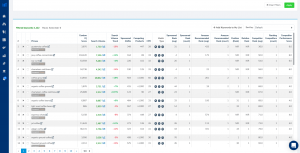
Of course, you must be aware that there will never be an easy “copy and paste” solution. If you look closely, there are keywords such as ‘chameleon cold brew.’
You won’t want to target that keyword not only because you aren’t selling cold brew but also because ‘Chameleon’ is the competitor’s brand name.
You always have to use common sense when choosing keywords, but utilizing software is where you will likely find the most accurate results. The more competitor ASINs you search, the better idea you’ll have of what keywords you should be targeting in your niche.
Google Ads Keyword Planner: this is another way to find keywords that you may not have otherwise found through the first two methods. It is a free tool; the only thing needed is a Google account. Keep in mind this gives Google data, not Amazon data. You need to manually extract keywords that you believe will be relevant and have buyer intent.
I would say use this as a secondary method to finding keywords rather than a primary one. If you don’t want to spend the money on software, you could technically use this, but you really should be using the software if you’re serious about your business.
Explore More: How to use amazon keywords for your products
Conclusion:
Developing your Amazon research and implementation strategy will be essential to the success of your Amazon listing.
Keywords can make your products visible to a more relevant audience which, in turn, will lead to more conversions.
You’ll always have this blog to come back to reference in the future should you need it.
If you have any questions feel free to get in touch with me on LinkedIn or on Twitter @nolanswriting.

Hi there! I’m the content marketing and branding specialist for AMZ One Step. I work hard to create engaging and informative content that helps our readers learn more about Amazon selling and how to make the most of their businesses. I love spending time with my family and exploring literary works when I’m not writing or working on projects.
